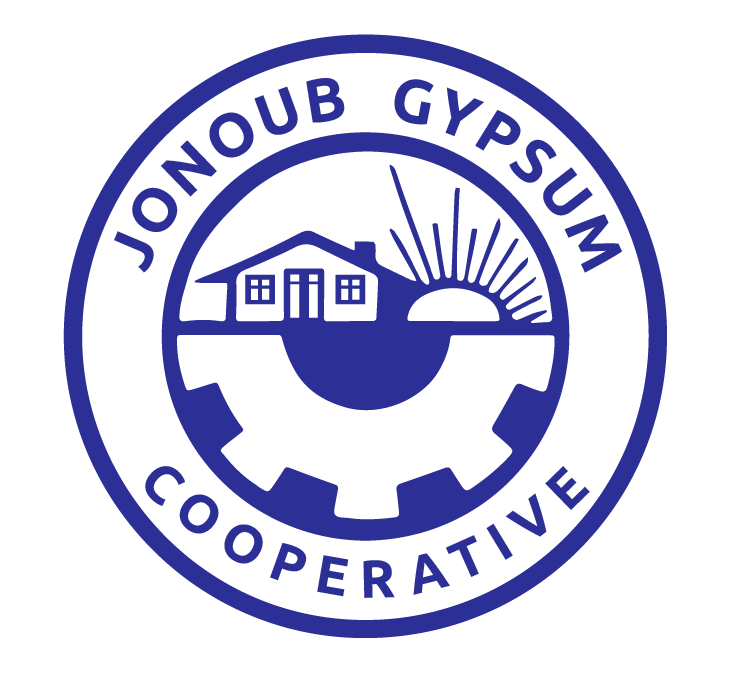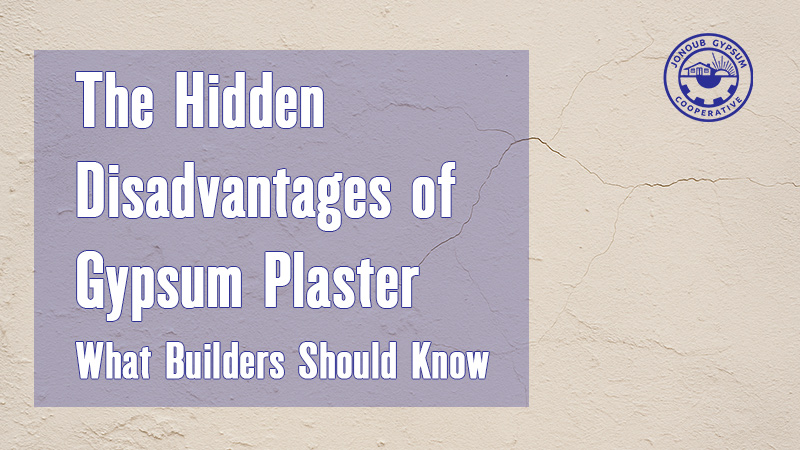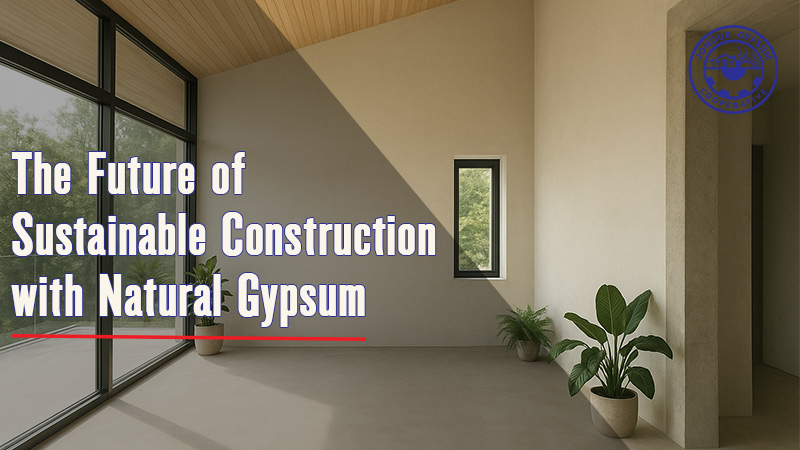Some gypsum properties
Expansion of gypsum volume
After the setting of plaster of Paris, a fascinating phenomenon occurs: its volume increases by approximately one percent. This slight expansion is not merely a physical change; it plays a crucial role in the application and effectiveness of the material. As the plaster sets and expands, it effectively fills all voids, small holes, and imperfections in a wall’s surface, resulting in a beautifully smooth finish. This characteristic is particularly advantageous for achieving a flawless appearance in construction and renovation projects.
Stability After Hardening
Once gypsum plaster hardens, it stabilizes and its volume no longer increases. This property is vital for master builders who often work on large surfaces. The ability to apply plaster without concern for further expansion means that they can create extensive, seamless areas without interstices—those tiny gaps that can compromise the integrity of the surface.
Prevention of Cracks and Infestations
The absence of interstices is not just an aesthetic benefit; it serves a practical purpose as well. By eliminating these gaps, the risk of cracks forming is significantly reduced. Cracks can serve as breeding grounds for insects and fungi, which can lead to structural damage and health concerns over time. Therefore, plastered walls are not only visually appealing but also contribute to a healthier living environment.
Hygienic Benefits
In summary, the properties of plaster of Paris make it an excellent choice for wall finishing. Its ability to expand slightly during setting ensures that every nook and cranny is filled, creating a smooth surface that is both durable and aesthetically pleasing. Once hardened, it maintains its form without further expansion, allowing for large-scale applications without gaps. This results in walls that are not only free from cracks but also hygienic, minimizing the potential for pest infestations and mold growth. Consequently, plastered walls enhance both the beauty and safety of our living spaces.
Low cost:
Gypsum is much cheaper than many other construction materials, which is why it has a wide variety of applications. The low cost of gypsum is due to its abundance and easy availability. This advantage of gypsum has made it possible to conduct research in the construction industry. and produce various products, and create greater added value, for this industry.







